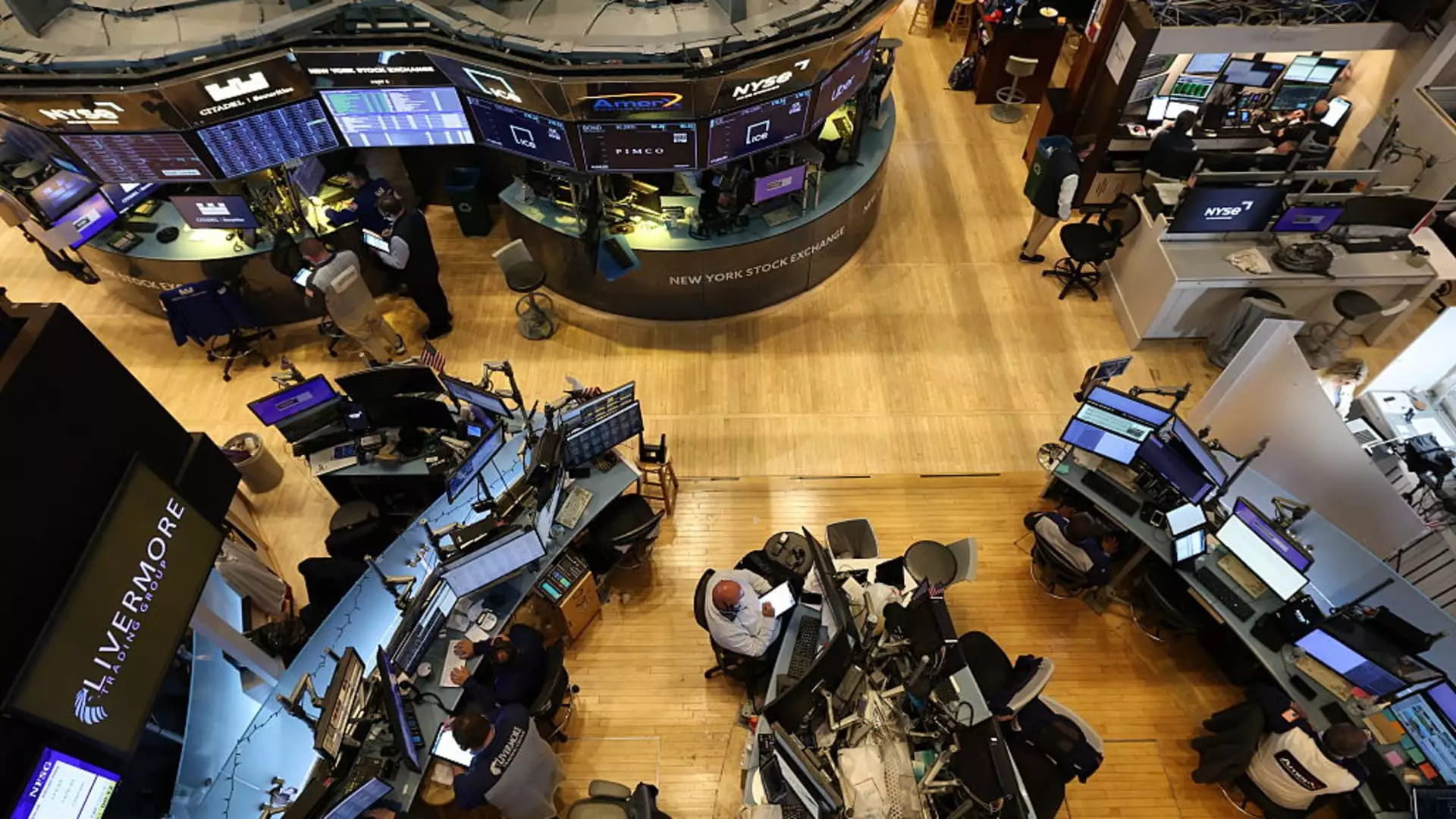In recent months, the surge of tariff threats and measures by the U.S. government has painted a dangerous picture of economic brinkmanship. While some may see tariffs as tools for protecting domestic industries or negotiating leverage, the reality is far more nuanced—and perilous. The continuation of aggressive tariff policies, especially on a broad international scale, exposes a troubling tendency toward economic nationalism that endangers global stability. These measures, often announced with bombastic rhetoric, ignore the complex interdependence of modern markets and the potential for retaliatory spirals that can trigger a financial crisis. It is easy to fall into the trap of interpreting tariffs as simple remedies, but a sober analysis reveals that they often produce more harm than good, disrupting supply chains, raising consumer prices, and undermining long-term growth prospects.
Peripheral Gains, Central Losses
Despite fleeting short-term gains touted by proponents, the imposition of high tariffs on nations like Japan, South Korea, and European countries reflects a shortsighted political tactic rather than a well-considered economic strategy. The recent announcement of tariffs ranging from 25% to 40% on imports from these nations illustrates a misguided approach—one that neglects the interconnectedness of global trade networks. The touted protection of domestic industries is often a mirage because tariffs tend to backfire, prompting targeted nations to implement their own punitive measures. These tit-for-tat actions diminish the effectiveness of trade policies and threaten the fragile global economic ecosystem. The latest tariffs, coupled with a proposed 50% levy on copper imports and threats of up to 200% on pharmaceuticals, create a climate of uncertainty that discourages investment and stifles innovation.
Market Volatility: A Symptom of Policy Instability
The financial markets’ tepid reaction—futures barely budging and indexes showing minimal fluctuation—signifies a deeper anxiety that cannot be ignored. While some gauge the immediate impact as minor, the underlying message is clear: markets remain uneasy about the White House’s unpredictable trade stance. Such volatility is not a sign of strength but of a fragile faith in policy stability. What’s more concerning is that these tariffs do not operate in isolation; they are part of a broader pattern of economic discord that undermines the confidence necessary for sustained growth. The upcoming release of Federal Reserve minutes may further reveal how monetary policy will contend with these trade tensions, but the real challenge lies in recalibrating trade strategies toward cooperation rather than confrontation.
A Call for Rational Prudence in Crafting Trade Policies
The reckless escalation of tariffs under a guise of protecting American interests overlooks crucial realities. It is vital to recognize that fostering global collaboration and fair trade agreements offers a far more sustainable path forward. Policies driven by fear and protectionism only serve to deepen divisions, distort markets, and hamper the very innovation and competitiveness policymakers aim to safeguard. A center-leaning liberal perspective advocates for strategic, measured responses to international trade challenges—approaches that prioritize diplomacy, multilateral dialogue, and the reinforcement of international economic institutions. The reckless pursuit of tariffs, especially those risking tariff wars with key allies and trading partners, poses a threat not just to the American economy but to the stability of the global financial system as a whole.


Leave a Reply